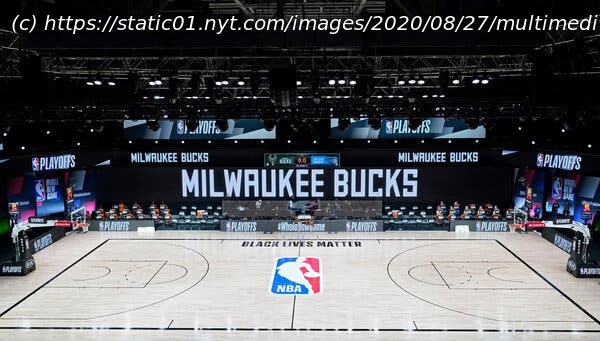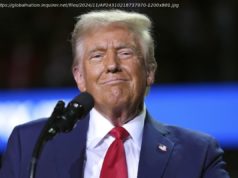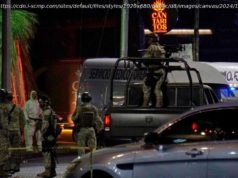Professional athletes in several leagues protested racial injustice by refusing to play on Wednesday, leaving fans with some legal questions. We asked the experts.
Athletes across the N. B. A., the W. N. B. A., Major League Baseball and Major League Soccer refused to play games on Wednesday after the police shooting of Jacob Blake in Kenosha, Wis., on Sunday. Three N. B. A. playoff games that were scheduled for Wednesday night were postponed after the Milwaukee Bucks initiated the protest, as were three more matchups on Thursday. Though the N. B. A. players agreed on Thursday to resume the season, the protest touched off a conversation about terminology. Was it a “boycott,” as LeBron James and other players, and the Bucks’ management, called it? Or was it a strike? News outlets were divided. Representative Alexandria Ocasio-Cortez, Democrat of New York, set off a debate when she retweeted an image of the one-word headline “Boycott” from the sports section front of The New York Times (“You need to change it to STRIKE,” she wrote). In follow-up coverage, The Times also referred to the players’ action as a “walkout” and an “unauthorized work stoppage.” Here’s what some experts in sports law had to say. A strike, according to Nolo’s Plain-English Law Dictionary, is broadly defined as an organized work stoppage by employees intended to pressure an employer to meet a series of demands, often including some combination of higher pay, different or better benefits or safer working conditions. Thomas Lenz, a labor lawyer and law lecturer at the University of Southern California, said the players’ actions could be considered a strike because they were “withholding their services.” “If players have a scheduled game and they aren’t going to play because we have an issue we want to protest, that’s a strike,” he said.






